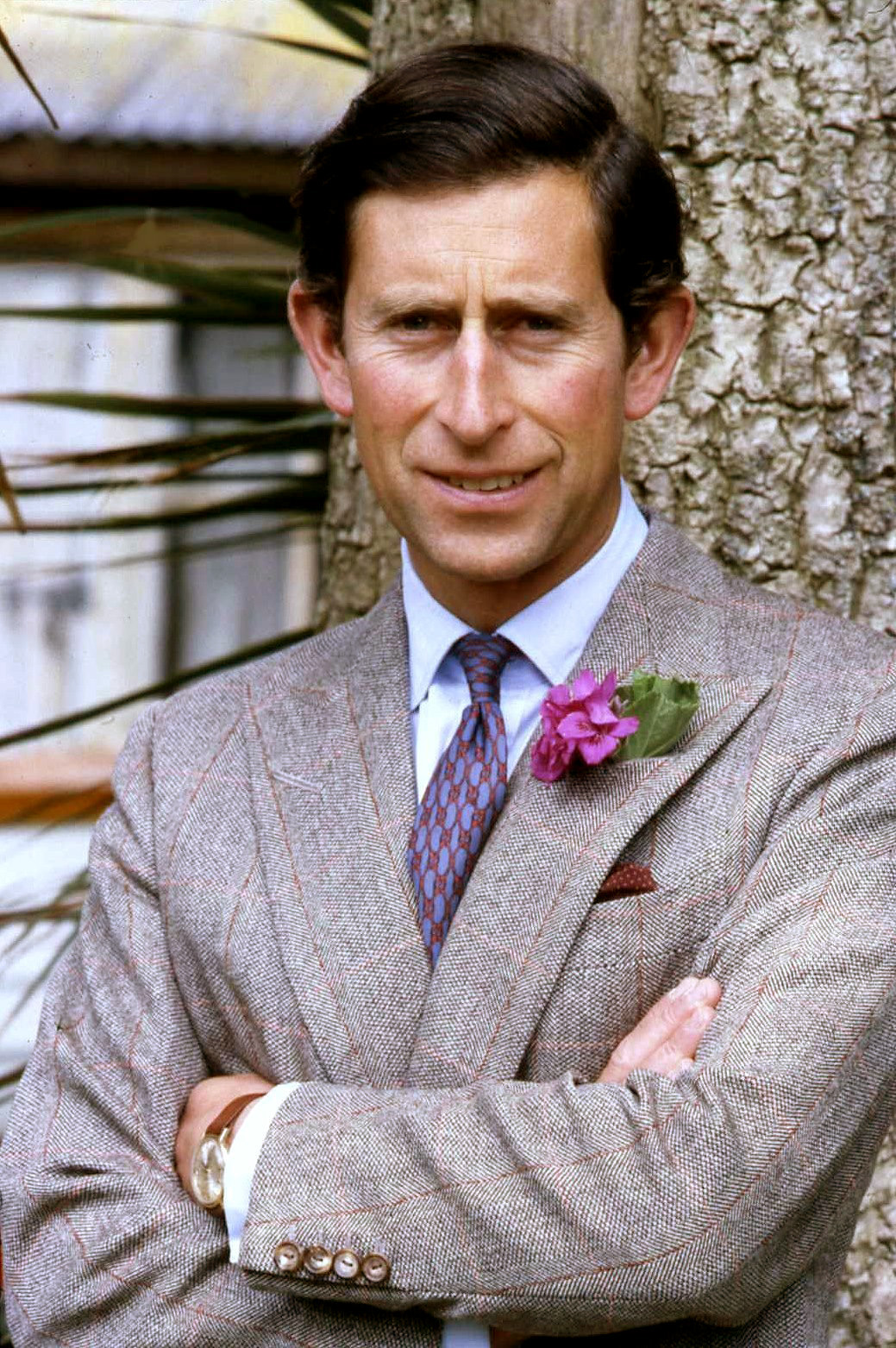The Legacy And Influence Of The Prince Of Wales
The title of the Prince of Wales is steeped in centuries of history and royal tradition, representing not just a position within the British monarchy but also an enduring symbol of heritage and national pride. As the eldest son of the reigning monarch, the Prince of Wales holds a unique place in the hearts of the British people and beyond. This prestigious title is not merely ceremonial; it encompasses a variety of responsibilities and duties that extend across the United Kingdom and the Commonwealth. Throughout history, the Prince of Wales has often been at the forefront of significant social and political changes, reflecting the evolving nature of the monarchy itself.
In this article, we delve into the life, achievements, and the role of the Prince of Wales, exploring how this title has shaped the identity of its holders and influenced public life. By examining the contributions made by the recent Princes of Wales, we can better understand the impact of this role within contemporary society. We will also consider the challenges and expectations that come with such a prestigious title, as well as the legacy that each Prince leaves behind.
From charitable endeavors to cultural advocacy, the Prince of Wales plays a vital role in shaping public discourse and fostering community engagement. This exploration aims to provide a comprehensive overview of the Prince's journey, responsibilities, and the significance of the title in today's world. Let’s embark on this fascinating journey through history, tradition, and modernity, all under the esteemed banner of the Prince of Wales.
What is the History of the Title "Prince of Wales"?
The title "Prince of Wales" can be traced back to the 13th century, when it was first used to designate the heir apparent to the English throne. The title was officially adopted by Edward I in 1301 after he conquered Wales and bestowed it upon his son, Edward II. Since then, it has been a tradition for the eldest son of the reigning monarch to be given this title, symbolizing the connection between the monarchy and the Welsh people.
Who are the Recent Princes of Wales?
Throughout history, several notable figures have held the title of Prince of Wales. Some of the most prominent include:
- Edward IV (1461–1483)
- Henry VIII (1509–1547)
- Charles I (1625–1649)
- Prince Charles (now King Charles III)
What are the Responsibilities of the Prince of Wales?
The Prince of Wales has a range of responsibilities that include representing the monarchy at state functions, supporting charitable organizations, and promoting various social causes. Additionally, the Prince often engages in diplomatic missions, strengthening international relations on behalf of the United Kingdom.
How Does the Prince of Wales Support Charities?
Charitable work is a significant aspect of the Prince of Wales's role. The Prince often champions various causes, including environmental conservation, education, and mental health awareness. He has established numerous charities and initiatives, such as The Prince's Trust, which has positively impacted countless lives in the UK.
What is the Personal Life of the Prince of Wales Like?
The personal life of the Prince of Wales is of great interest to the public. He is known for his dedication to family, including his marriage to the late Princess Diana and his current role as a father and grandfather. The Prince's private interests, such as his love for nature and art, also contribute to his public persona.
| Personal Details | Bio Data |
|---|---|
| Name | Charles Philip Arthur George |
| Date of Birth | November 14, 1948 |
| Parents | Queen Elizabeth II and Prince Philip, Duke of Edinburgh |
| Education | Gordonstoun School, University of Cambridge |
| Marriage | Lady Diana Spencer (1981–1996), Camilla Parker Bowles (2005–present) |
What Impact Has the Prince of Wales Made on Society?
The impact of the Prince of Wales on society is profound. His advocacy for environmental sustainability and charitable initiatives has raised awareness and inspired action among countless individuals. By using his platform to address pressing societal issues, the Prince has fostered a sense of responsibility and community engagement, encouraging others to contribute to positive change.
What Legacy Will the Prince of Wales Leave Behind?
As the Prince of Wales continues to engage with both historical traditions and contemporary issues, his legacy will undoubtedly reflect a blend of respect for tradition and a commitment to progress. The title itself carries a weight of history, and each Prince's unique contributions will shape how future generations perceive and understand the role of the heir apparent.
How Does the Title "Prince of Wales" Evolve Over Time?
The title "Prince of Wales" is not static; it evolves with each new holder. As societal norms change and the monarchy adapts, the responsibilities and expectations associated with the title also shift. Future Princes of Wales will likely continue to redefine their roles while honoring the history and significance of the title.
What Does the Future Hold for the Prince of Wales?
The future of the Prince of Wales title remains bright, with the potential for continued influence and positive change. As new challenges emerge, the Prince's commitment to service and advocacy will be crucial in addressing the issues that matter most to society. The title will undoubtedly continue to be a beacon of hope and progress for the people of the United Kingdom and beyond.
In conclusion, the Prince of Wales embodies a rich tapestry of history, responsibility, and advocacy. As we reflect on the roles played by past and present Princes, we gain insight into the evolving nature of the monarchy and its lasting impact on society. The legacy of the Prince of Wales is one of dedication to service, commitment to charitable causes, and a steadfast connection to the people he represents.
Article Recommendations
- Natural Hairstyles Crossword
- Short Positive Quotes About Life Challenges
- Charleston White Shot In Chicago


